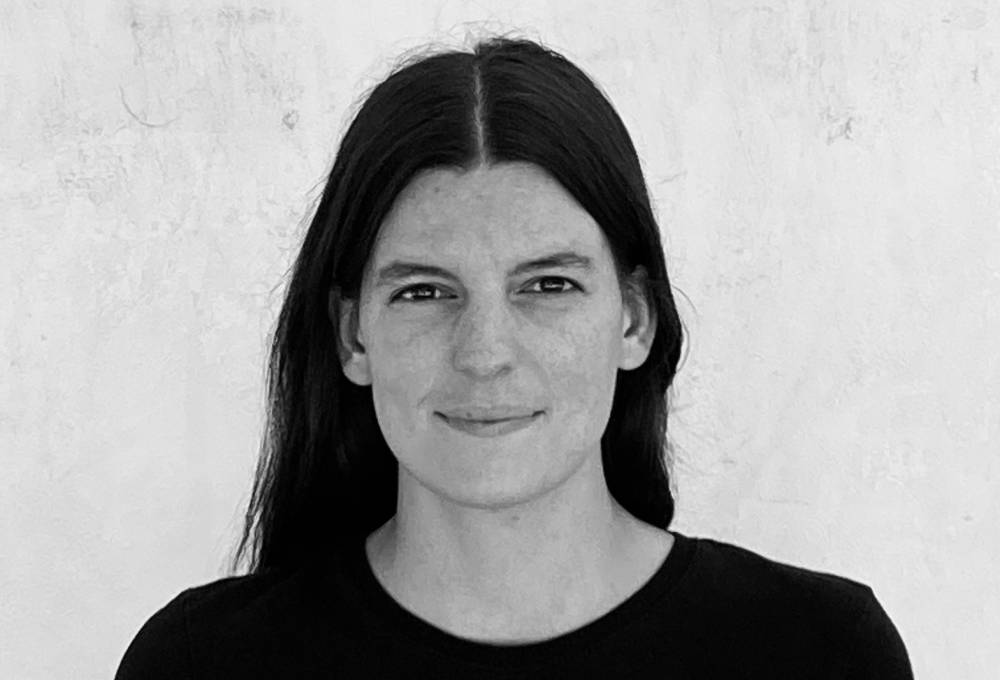Maria Minic

Contact
- Email: k2120721@kingston.ac.uk
- Location: Kingston School of Art, Knights Park
- Faculty: Kingston School of Art
- School: School of Arts
- Department: Department of Architecture and Landscape
Research project: Who are Cities For? Collaborative tactics and strategies challenging the neoliberal housing system
Abstract
Contributing to debates on the housing crisis in neoliberal societies and cities, my research aims to understand the role of citizen-led practices in addressing housing needs and to assess whether these can be the seeds for the development of an alternative housing system to the market-driven one.
The prevalence of the economic value of housing over its social one threatens the ‘right to housing' and has animated debates around citizens' ‘right to the city' more widely. Belgrade becomes interesting as an extreme case where, in the last 30 years, housing shifted from being a common good and a right to a personal struggle and an instrument for speculation. The parallel flourishing of informality and neoliberalism in city-making in the 1990s, following the fall of socialist Yugoslavia, resulted in the affirmation of an unregulated and uncontrolled form of ‘hyper-neoliberalism', ostentatiously supported by the government. In this context, the development of any non-profitable form of housing cannot depend on state-support, making the city a compelling ground to study emerging, citizen-led forms of resistance. My research looks at Belgrade as an incubator: What happens when citizens are not supported by the state in their housing struggles? How do they react and resist to neoliberal pressure over space and housing?
In the primary body of my research, I thus look at two scales of action that challenge the hyper-neoliberal housing regime in Belgrade:
- Collaborative tactics of inhabiting - I engage with the inhabitants of the city with the aim of exploring self-initiated practices of collaboration at a more capillary and informal scale. Through a combination of architectural and ethnographic methods, I shed light on the ways in which citizens cope with their housing needs by relying on solidarity networks at different levels of community.
- Collaborative strategies of resistance - by working together with the local PhD partner, the collective Ministry of Space, I engage with civil society actors and explore their ongoing struggle to address housing unaffordability and inequality.
My research identifies collaborative ‘tactics' and ‘strategies' in the broader discourse over urban commoning to appreciate the potential radicality of everyday actions of sharing, collaboration and resistance.
Building on a Multi Level Perspective (Geels 2012), I locate citizens-led housing practices at the micro level of niches, while the neoliberal housing system occupies the meso level of the regime. My research argues that niche-cumulation strategies need to be developed in order for these to upscale and potentially trigger a transition at the regime level. Starting from existing housing practices, I thus formulate strategies of scalability and transferability by analysing regulatory and institutional frameworks, as well as spatial structures.
- Research degree: PhD
- Title of project: Who are Cities For? Collaborative tactics and strategies challenging the neoliberal housing system
- Research supervisor: Dr Christoph Lueder
- Other research supervisor: Dr Bill Balaskas
Biography
I am an architect and doctoral researcher at Kingston School of Art.
During and after my architectural studies, my main interest has been in the processes that lead to housing production and in the democratization of city making.
In 2020 I graduated with a Master's degree in Architecture at Accademia di Architettura di Mendrisio, Switzerland. My dissertation explored the social, political and cultural causes of informal construction in Belgrade, Serbia, through a mixed methods approach.
Since 2020 I have worked as an independent architect on various competitions and on affordable housing projects. I have collaborated with Homers on innovative self-initiated co-housing projects and with Homes4All on the development of a diffuse social housing model in Turin, Italy.
I am interested in working at the intersection between research and practice, seeking continuous translation of knowledge from ideas to their testing.
Areas of research interest
- Housing crisis
- Participation in city making
- Right to the city
- Alternative housing solutions to the real estate market
- Informal construction
- Co-operative housing
- "Global North" and "Global South"
- Belgrade, Serbia
- Innovative mixed methods approach
- Participatory Action Research
Qualifications
- MSc in Architecture, Accademia di Architettura di Mendrisio, Università della Svizzera Italiana
- BSc in Architecture, Accademia di Architettura di Mendrisio, Università della Svizzera Italiana
Funding or awards received
- AHRC TECHNE Collaborative Doctorate Award (CDA)